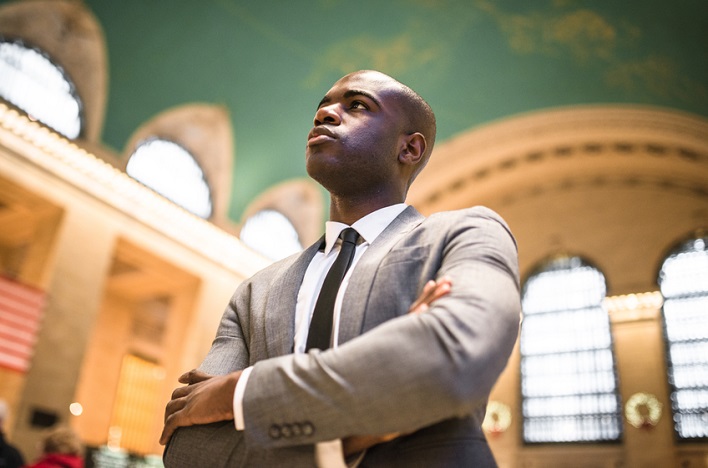How to recognize and develop the essential traits.
In the late ‘90s, I left a Fortune 1000 company to join the leadership team of a startup. The hardest part was telling my boss the news. She was, and still is, one of the most supportive and organized people I have known. After we discussed my news, I handed her an outline of the work I’d be completing, the location of key documents and the communications for my transition and departure. To my surprise, my boss was surprised. “I’ve never seen anyone do this much to ensure a smooth transition,” she told me. “You’re a class act.”
I regard that comment as one of the highest compliments of my career.
What makes a person a class act? It’s not an act. Their behavior is genuine. They hold themselves to high standards, even, or maybe especially, when other people and circumstances do not. They respect others and themselves. By bringing their best selves to their interactions with others, they often bring out the best in others, too.
We’ve all been in situations where intentions, assumptions and facts get muddled. Your comment to a colleague is interpreted in the wrong way. A private email to your team accidentally gets copied to the customer. A supplier calls with accusations based on partial information. It’s easy to feel justified to escalate the argument in these situations. Here’s what class acts do:
Show consideration // Class acts appreciate the other person for being honest, and recognizes that others have perspectives that are different from their own.
Take responsibility // Class acts don’t encourage “I’m right, you’re wrong” arguments. Nor do they apologize for other peoples’ behaviors. They clarify what they intended to say or do, and acknowledge that others’ impressions or their words or actions were perhaps very different from their intentions. They also rise above the negative feelings of the situation, and express that they are genuinely sorry for the difference between intention and impression.
Respect others and themselves // Class acts know that respect builds trust, and trust fosters resolution. They listen without interrupting, express appreciation for the opportunity to clarify and clear the air. They speak in terms of “we,” not “I” or “you.”
Class acts aren’t perfect; they simply take responsibility for their actions and the quality of their relationships. One of the most admired class acts in sports, John Madden, expressed it this way: “Self-praise is for losers. Be a winner. Stand for something. Always have class, and be humble.” Whether it’s in sports, politics or business, the world could use a few more class acts.


